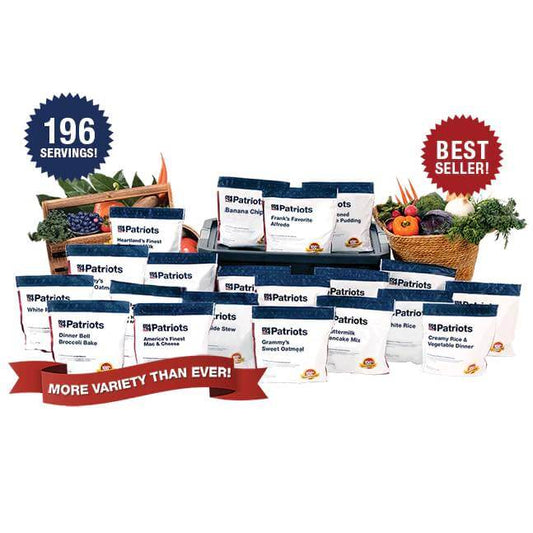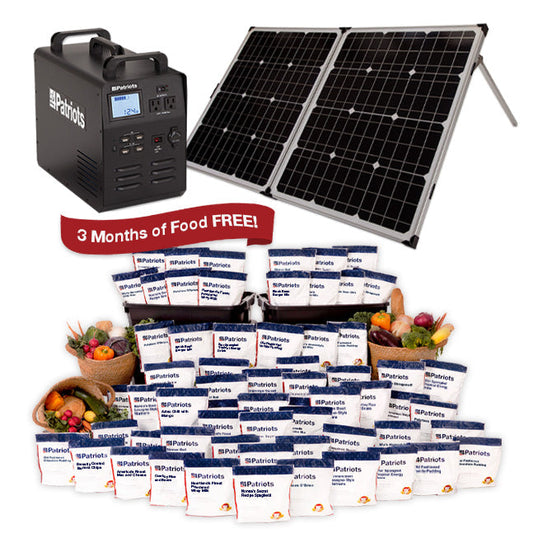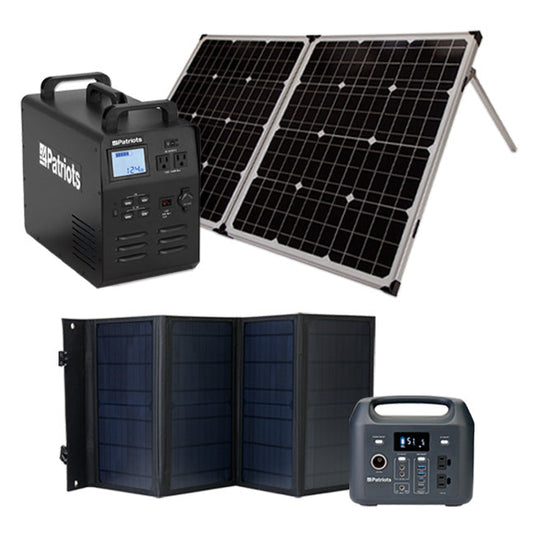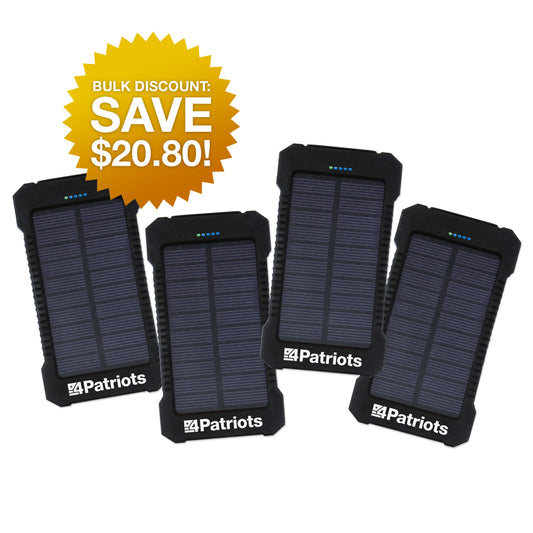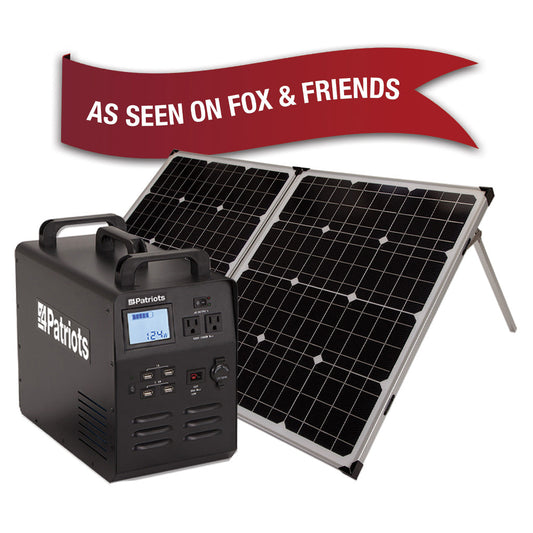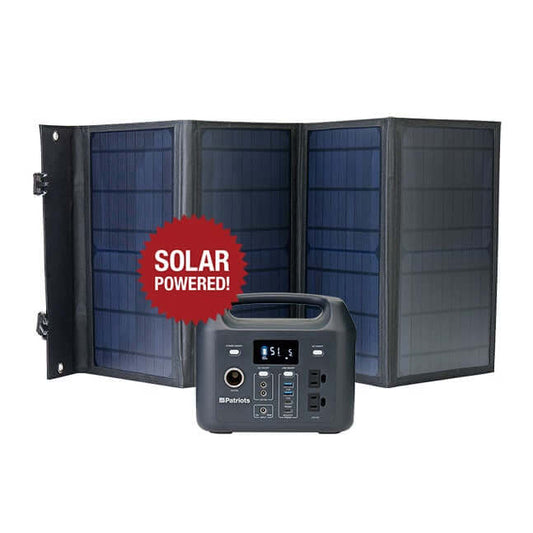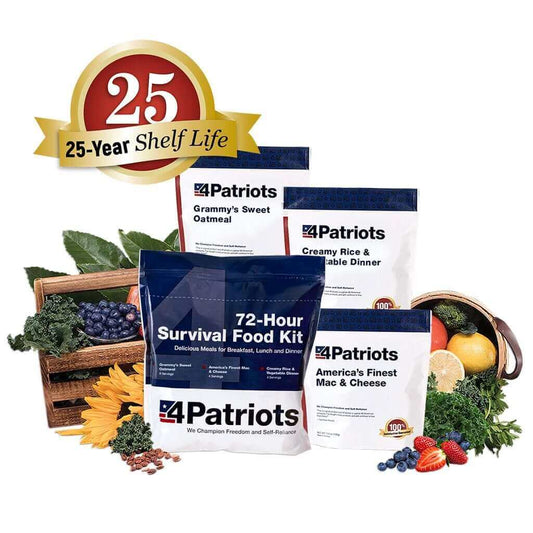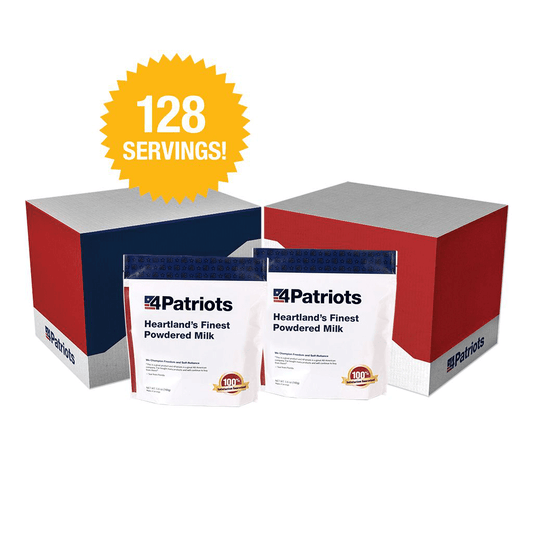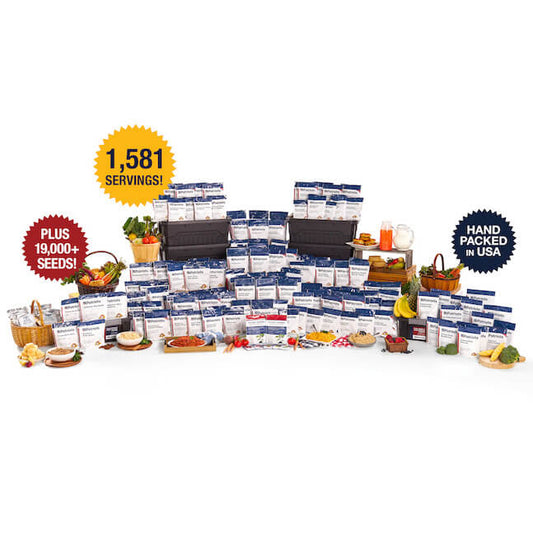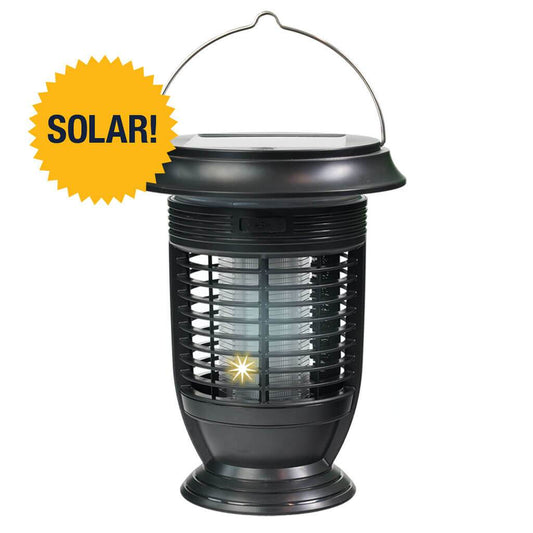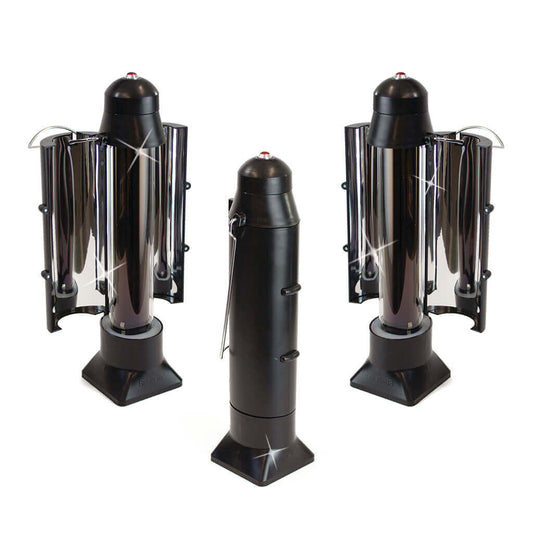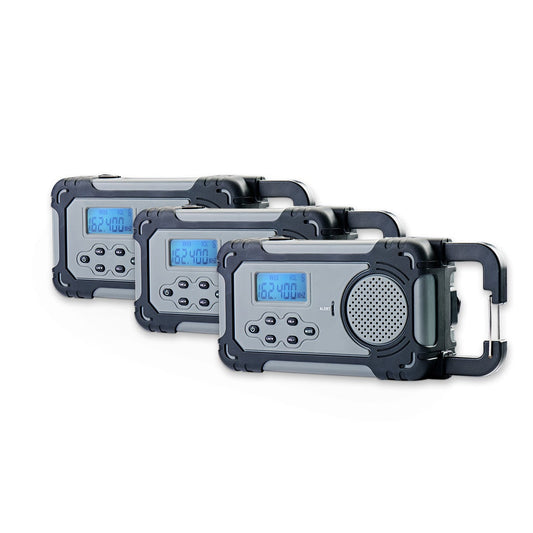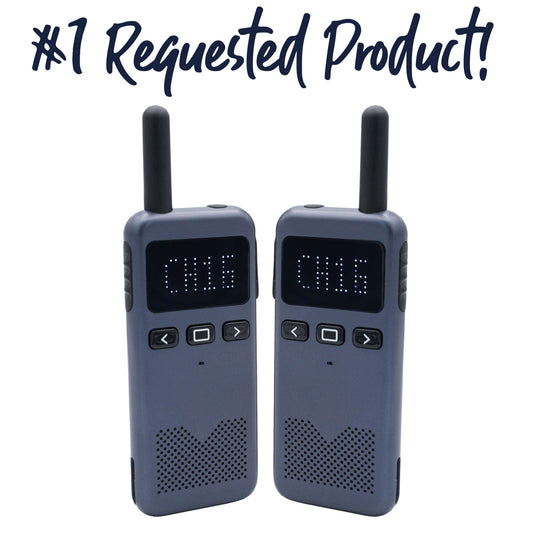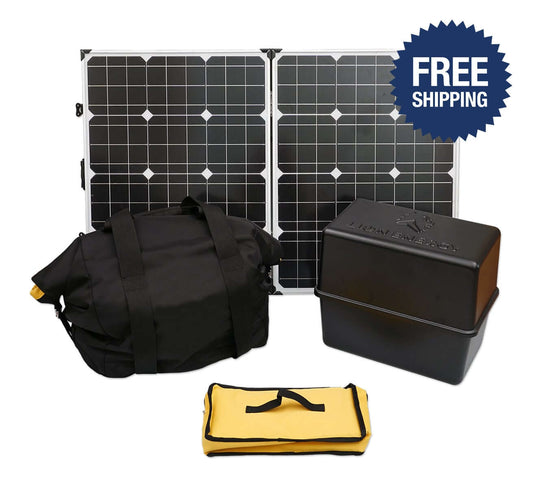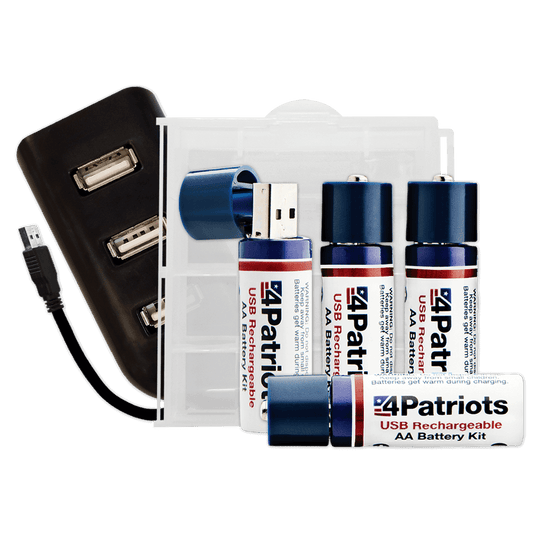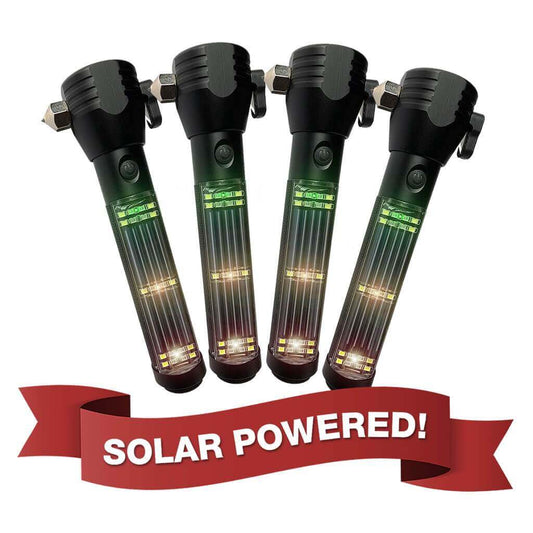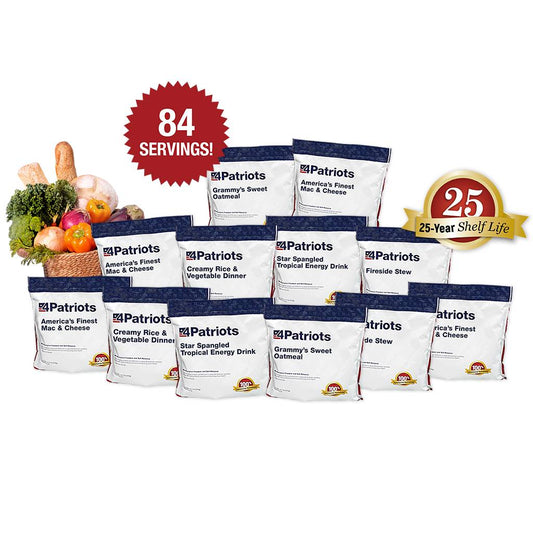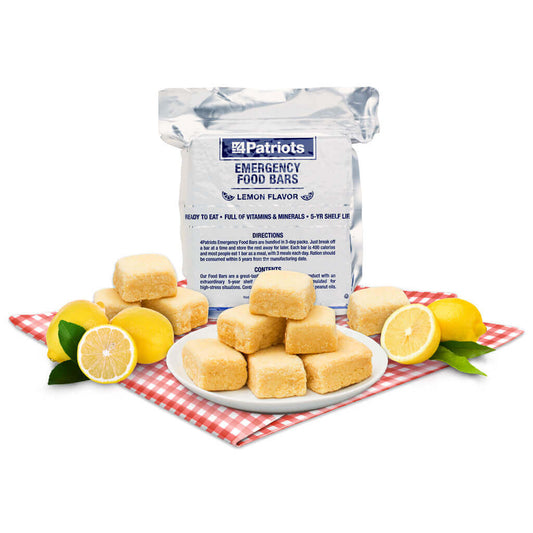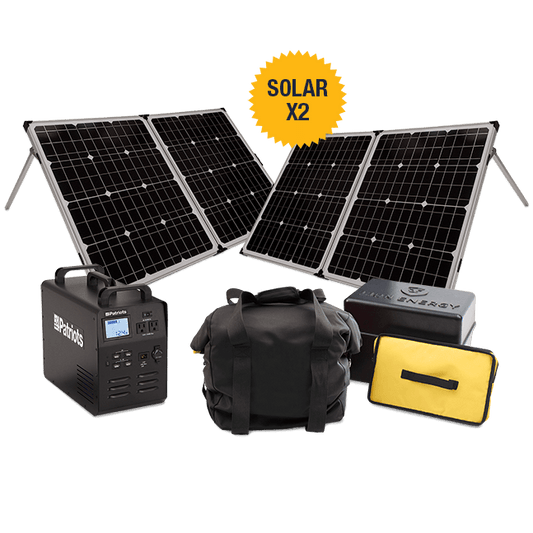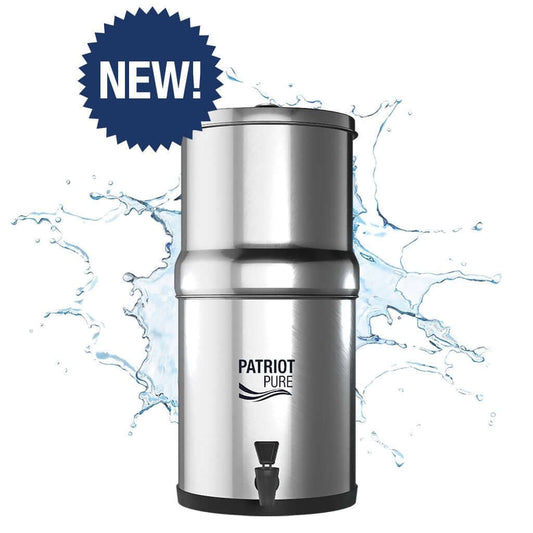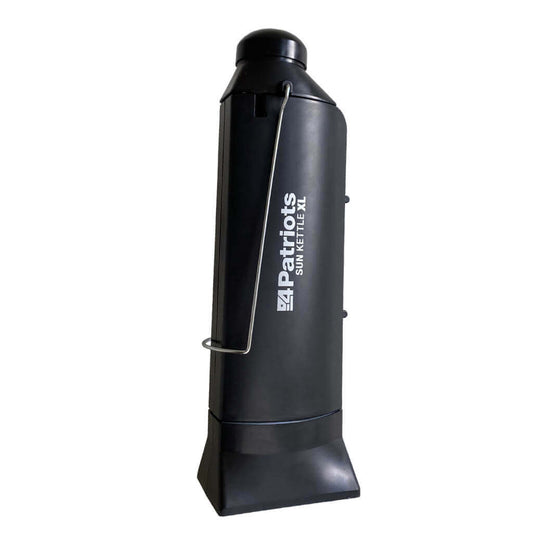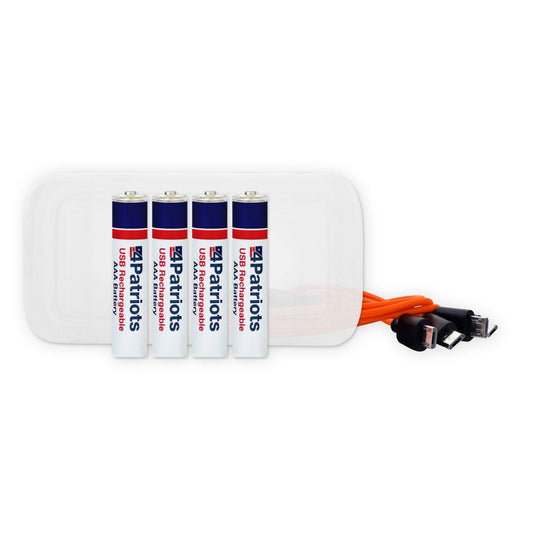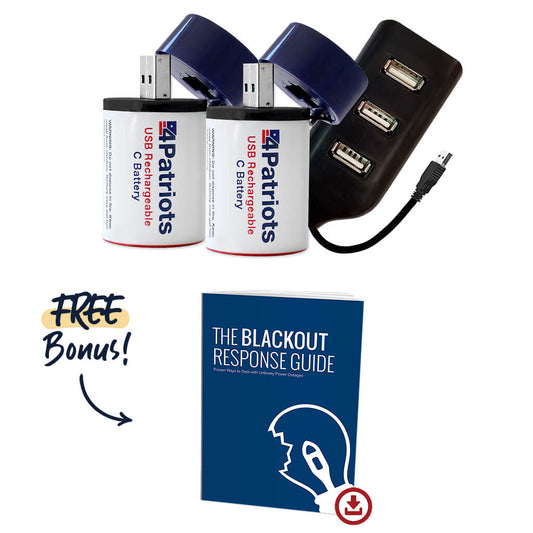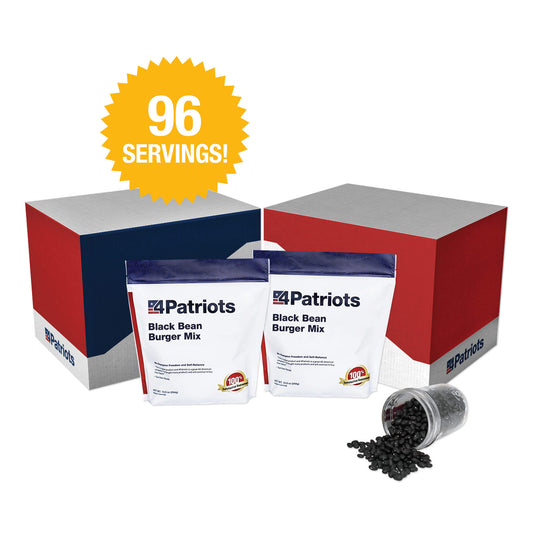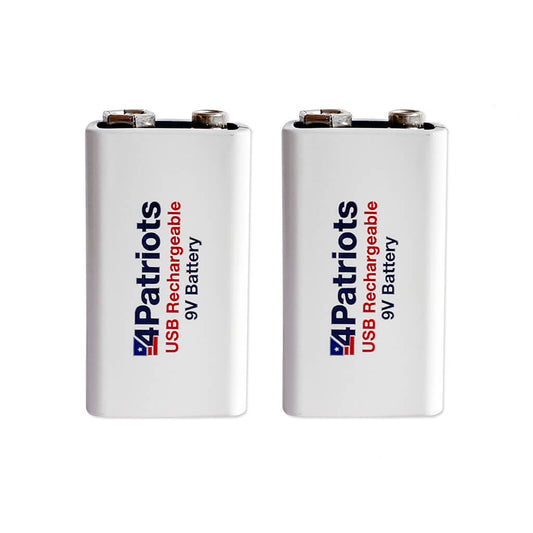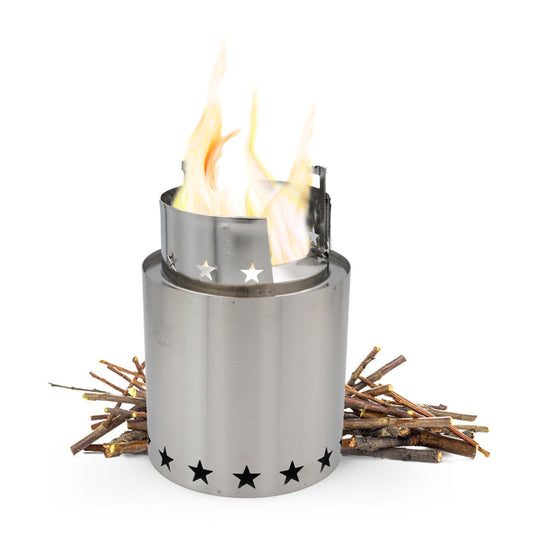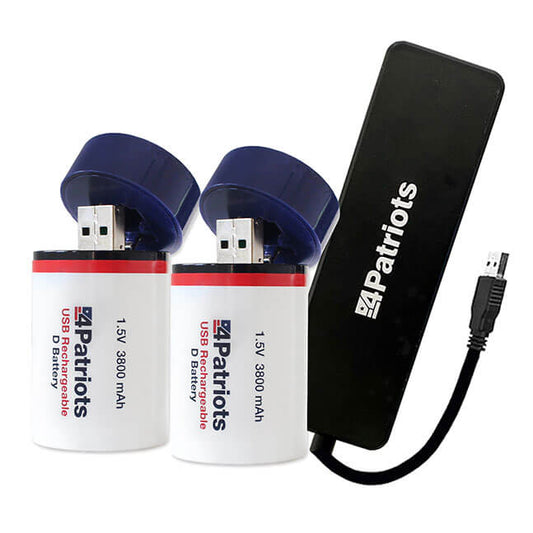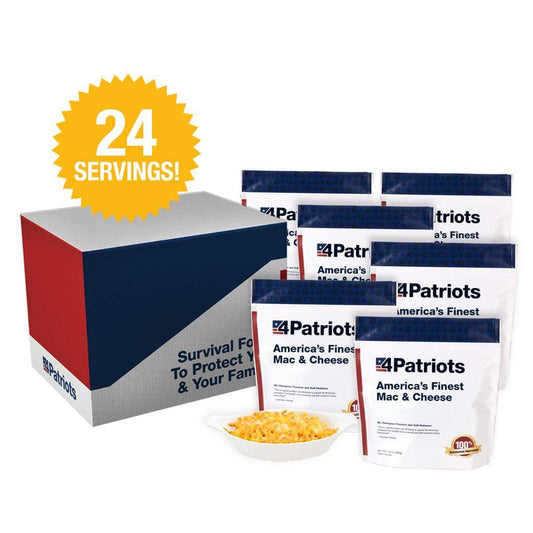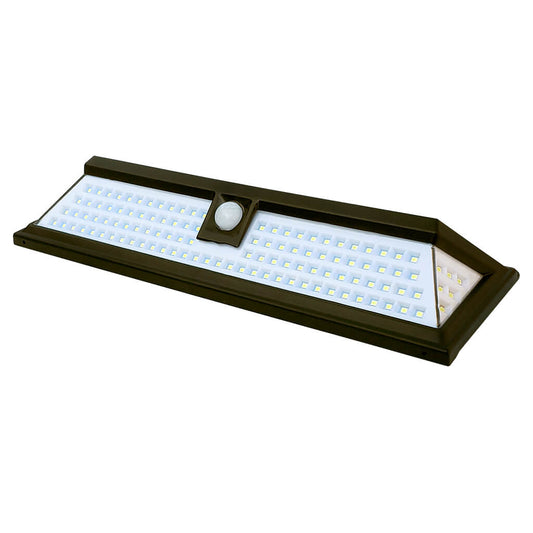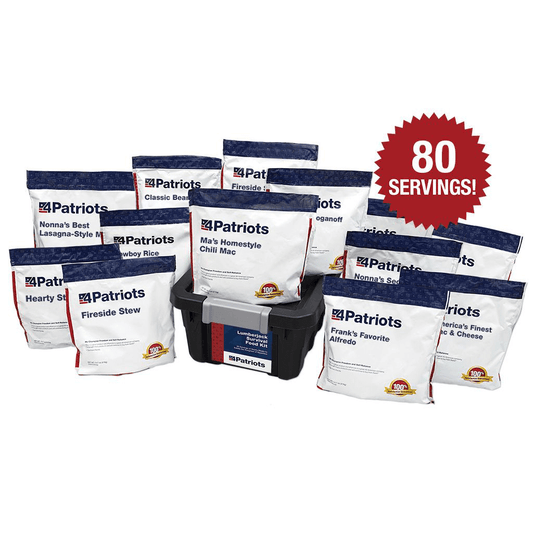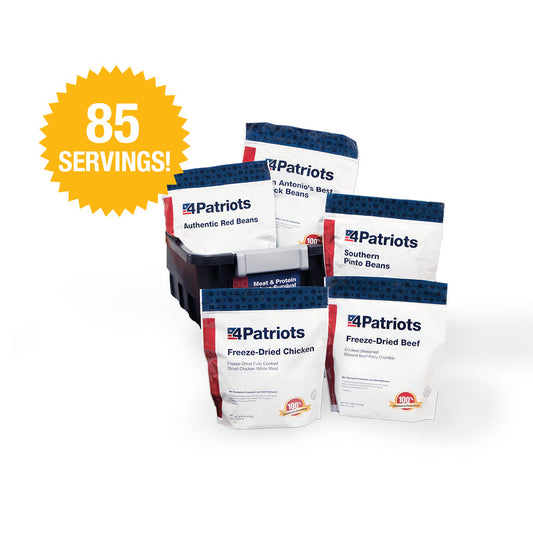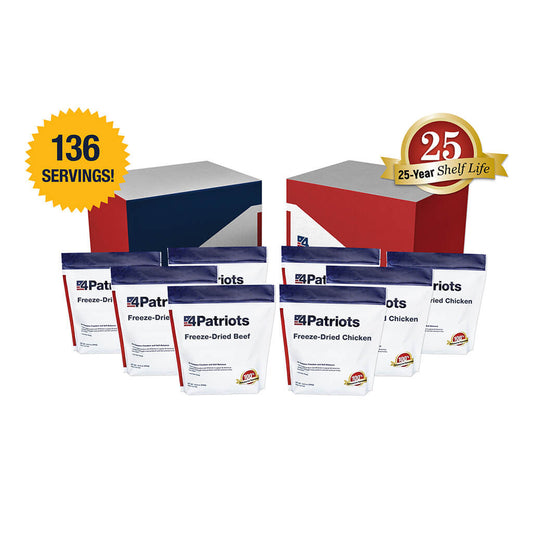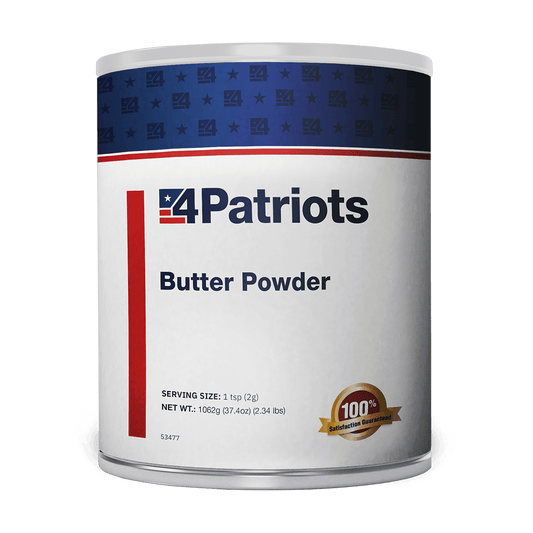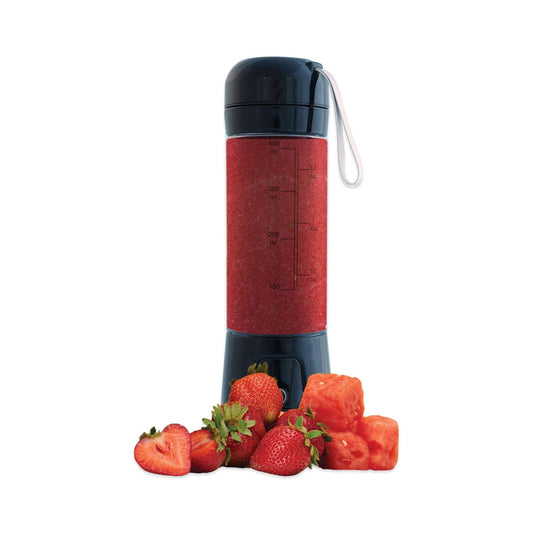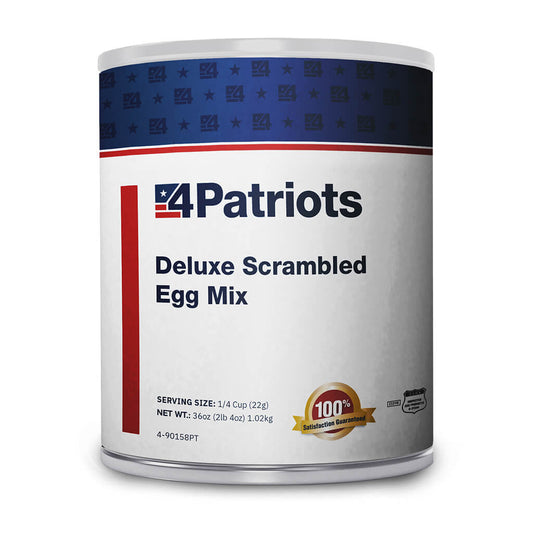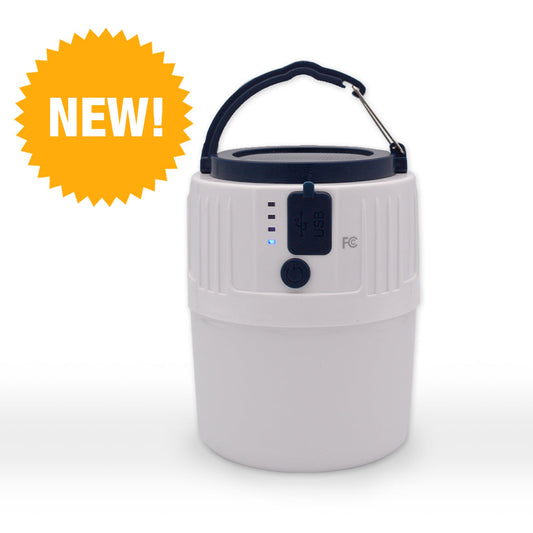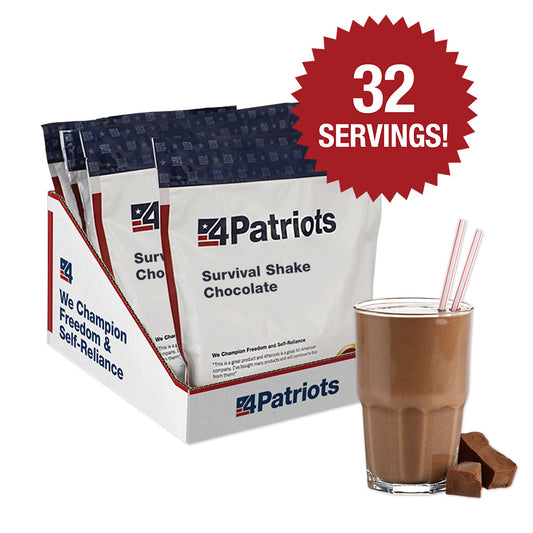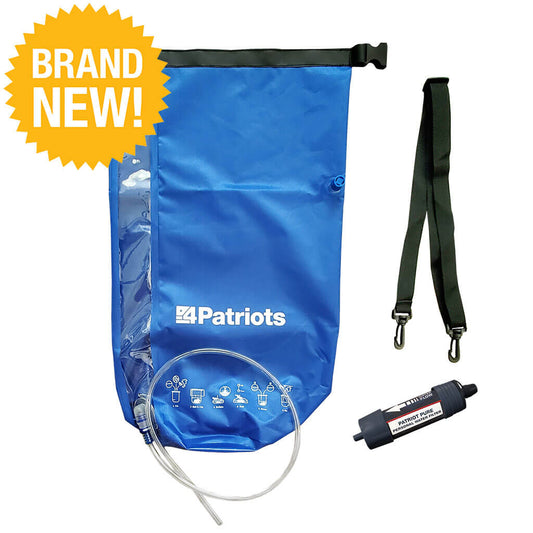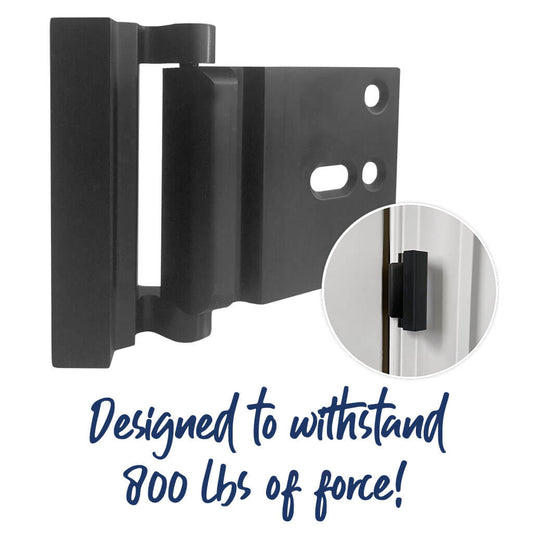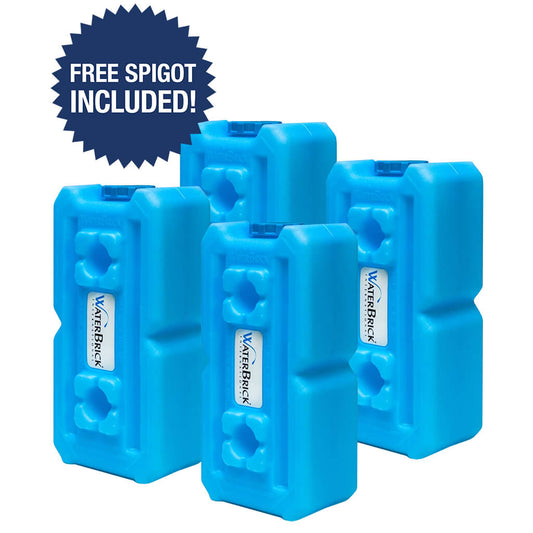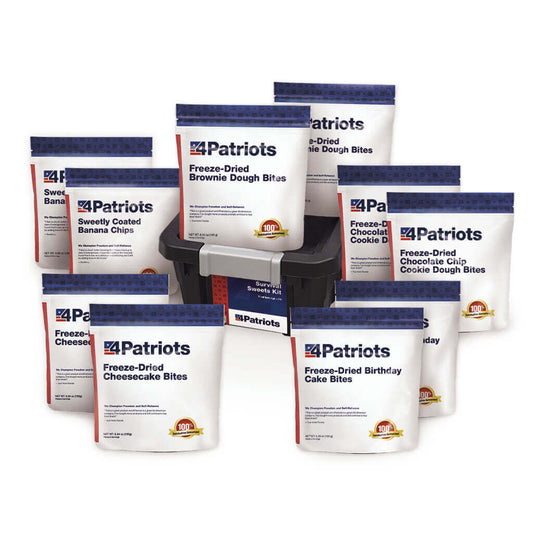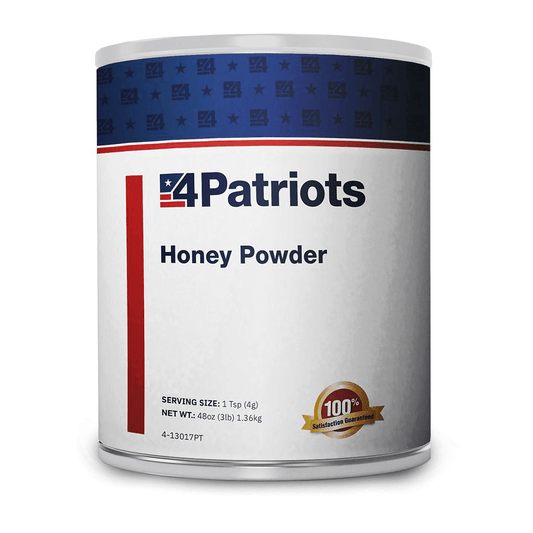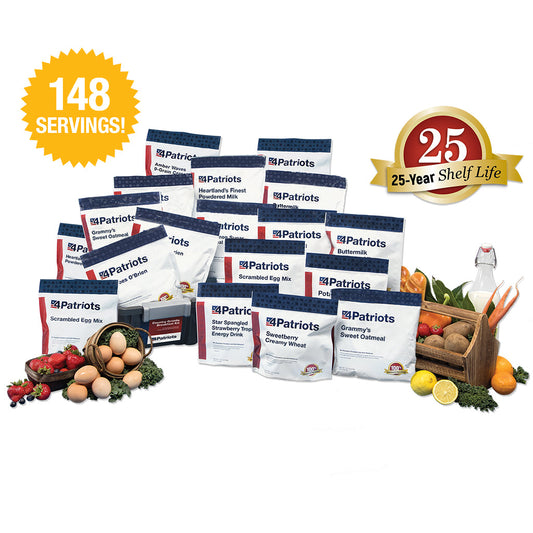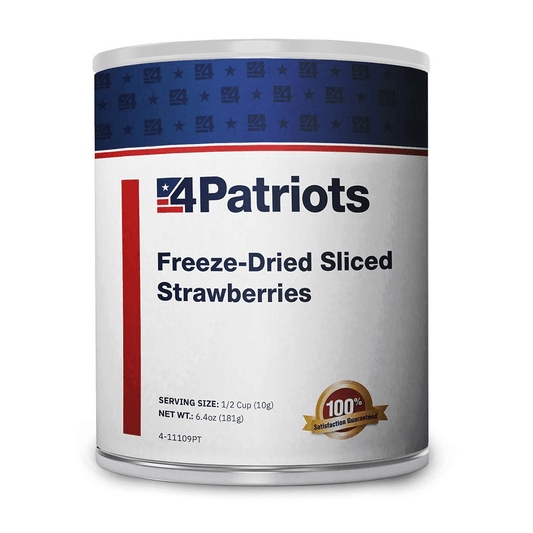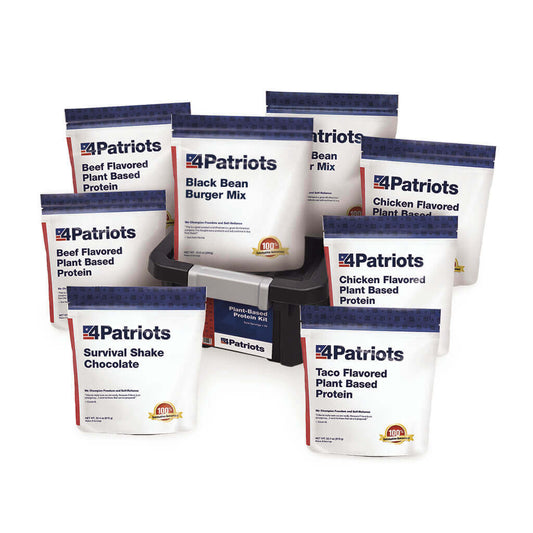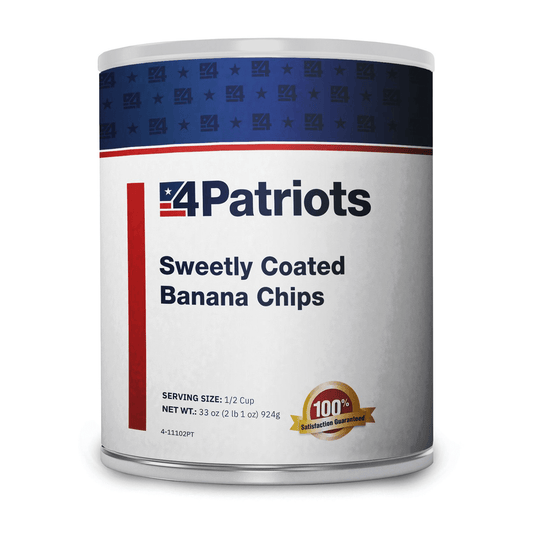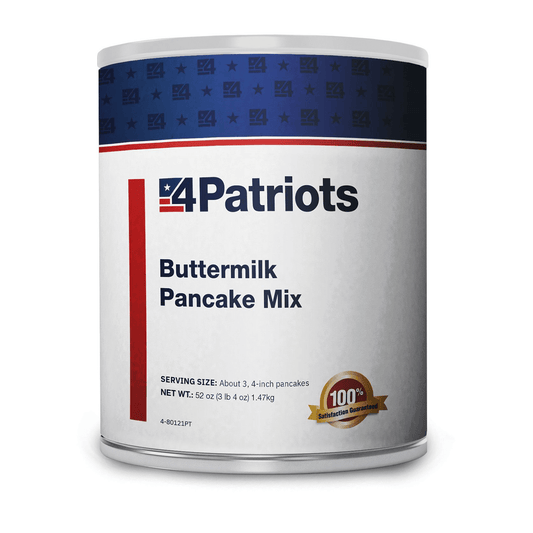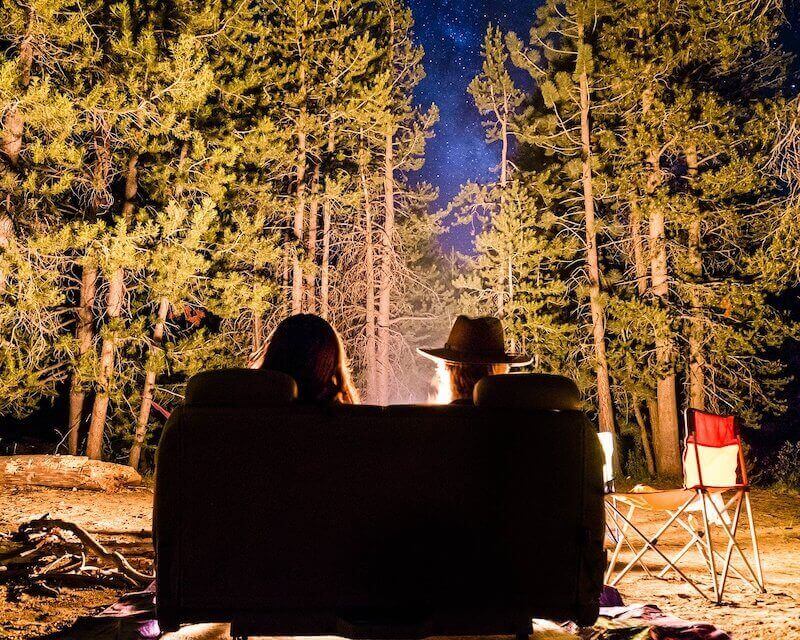
Cade's Corner - Let's Go Camping!

Summer is here, which means people all over the United States are heading outside.
Even more so with COVID-19 keeping us indoors for so long.
Camping, hiking, fishing... you name it – it's a great way to spend your time during the next several months while also maintaining the very important social distancing.
That said, camping comes with inherent risks that you need to be aware of.
Fire
Camping and fire go hand in hand. It not only provides heat for cooking and protection from wild animals – but is the perfect place for memorable conversations. It can also create problems if not done properly.
Before you even start gathering wood, ensure the area where you are camping is not under a fire restriction ban. You don't want to be responsible for thousands of acres of destruction due to an out-of-control forest fire.
1. Ensure the area where you plan to build your fire is clear of dry brush and deadfall, both around and above.
2. Dig a fire pit at least one foot deep and ideally surround the perimeter with rocks. Again, this is to mitigate/control the fire from moving away from the intended location.
3. Don't overfeed your fire. Less is more when you build a campfire. You can always add more fuel, but be conservative.
4. Never leave your campfire without thoroughly extinguishing with water and smothering with dirt. If possible, wait an additional 30 minutes – called reflash watch.
Water Filtration
If you plan to drink from an outdoor water source (river, stream, lake) you need to make sure you are consuming "safe" water. That means no bacteria and particulates that can ruin your week.
I have personally dealt with giardia on two occasions and it is not fun.
The first time my doctor failed to properly diagnose (didn't request a gram stain lab) and he was convinced I had leukemia. And to be honest, I felt like I was dying. Nope, it was giardia and after a week of the antibiotic Metronidazole (Flagyl), I felt like a million bucks.
There are several ways to make water safe to drink:
1. Boil for at least 5 minutes.
2. Filtration pump – make sure it removes microorganisms (giardia).
3. Filtration straw – again, make sure it removes microorganisms.
4. Purification tablets, which are my personal preference due to their small size and weight. Get the type that is a 2-stage. First tablet kills the bacteria and the second tablet removes the taste of the first. This entire process only takes 30 minutes.
5. UV water filtration (SteriPEN) only takes a few minutes. Just remember one of my favorite sayings: "If it takes a battery, it's gonna crap out exactly when you need it." Pack extras.
Flash Flooding
With severe summer weather in full swing, you need to consider the possibility that a nearby water source could turn into a deadly wall of water traveling at an incredible speed.
Take this into consideration when you choose your campsite. Better to be on higher ground and walk to the water source than risk getting swept away. Get at least a 3-day weather forecast and always keep an eye on the sky.
In the summer of 1976, Colorado's Big Thompson Canyon had a flash flood due to a severe thunderstorm higher up in the canyon. Twelve inches of rain fell in less than four hours. The victims, including 143 dead, had seen little or no rain when the flood rushed down the canyon in a wall 20 feet high.
Rule #1: Climb to safety whether on foot or in your car (get out), get moving and CLIMB!
If you find yourself swept up by these rushing waters, position yourself so you are on your back with your feet in front of you. If you hit rocks, they will absorb the impact much better than your head. Then swim like hell to the nearest shore.
Enjoy the great outdoors this summer. Just be prepared for the life-threatening situations that can present themselves.
Be a survivor... not a statistic,
Cade Courtley
Former Navy SEAL / 4Patriots Contributor
Featured Products
- Regular price
- From $799
- Regular price
-
- Sale price
- From $799
- Unit price
- per
- Regular price
- $249
- Regular price
-
- Sale price
- $249
- Unit price
- per
- Regular price
- $2,497
- Regular price
-
$3,194 - Sale price
- $2,497
- Unit price
- per
- Regular price
- $2,499
- Regular price
-
$2,994 - Sale price
- $2,499
- Unit price
- per
- Regular price
- From $29.95
- Regular price
-
$119.80 - Sale price
- From $29.95
- Unit price
- per
- Regular price
- $2,499
- Regular price
-
- Sale price
- $2,499
- Unit price
- per
- Regular price
- $499
- Regular price
-
- Sale price
- $499
- Unit price
- per
- Regular price
- $29
- Regular price
-
- Sale price
- $29
- Unit price
- per
- Regular price
- $2,796
- Regular price
-
- Sale price
- $2,796
- Unit price
- per
- Regular price
- $29.95
- Regular price
-
- Sale price
- $29.95
- Unit price
- per
- Regular price
- $97
- Regular price
-
- Sale price
- $97
- Unit price
- per
- Regular price
- $4,999
- Regular price
-
- Sale price
- $4,999
- Unit price
- per
- Regular price
- $49.95
- Regular price
-
- Sale price
- $49.95
- Unit price
- per
- Regular price
- From $69
- Regular price
-
- Sale price
- From $69
- Unit price
- per
- Regular price
- $201
- Regular price
-
- Sale price
- $201
- Unit price
- per
- Regular price
- From $90.97
- Regular price
-
$129.95 - Sale price
- From $90.97
- Unit price
- per
- Regular price
- $999
- Regular price
-
- Sale price
- $999
- Unit price
- per
- Regular price
- $29.95
- Regular price
-
- Sale price
- $29.95
- Unit price
- per
- Regular price
- From $29.50
- Regular price
-
$30.99 - Sale price
- From $29.50
- Unit price
- per
- Regular price
- $129
- Regular price
-
- Sale price
- $129
- Unit price
- per
- Regular price
- From $27
- Regular price
-
$399.80 - Sale price
- From $27
- Unit price
- per
- Regular price
- $3,494
- Regular price
-
- Sale price
- $3,494
- Unit price
- per
- Regular price
- From $199
- Regular price
-
$205.50 - Sale price
- From $199
- Unit price
- per
- Regular price
- $99.95
- Regular price
-
- Sale price
- $99.95
- Unit price
- per
- Regular price
- $29.95
- Regular price
-
- Sale price
- $29.95
- Unit price
- per
- Regular price
- $8.99
- Regular price
-
$29.95 - Sale price
- $8.99
- Unit price
- per
- Regular price
- $99.95
- Regular price
-
- Sale price
- $99.95
- Unit price
- per
- Regular price
- $29.95
- Regular price
-
- Sale price
- $29.95
- Unit price
- per
- Regular price
- $59.95
- Regular price
-
- Sale price
- $59.95
- Unit price
- per
- Regular price
- $11.98
- Regular price
-
$29.95 - Sale price
- $11.98
- Unit price
- per
- Regular price
- $44.95
- Regular price
-
$44.95 - Sale price
- $44.95
- Unit price
- per
- Regular price
- $24.95
- Regular price
-
$49.95 - Sale price
- $24.95
- Unit price
- per
- Regular price
- $114.95
- Regular price
-
- Sale price
- $114.95
- Unit price
- per
- Regular price
- $189
- Regular price
-
- Sale price
- $189
- Unit price
- per
- Regular price
- $499
- Regular price
-
- Sale price
- $499
- Unit price
- per
- Regular price
- $59.95
- Regular price
-
- Sale price
- $59.95
- Unit price
- per
- Regular price
- $39.95
- Regular price
-
- Sale price
- $39.95
- Unit price
- per
- Regular price
- $59.95
- Regular price
-
- Sale price
- $59.95
- Unit price
- per
- Regular price
- $19.95
- Regular price
-
- Sale price
- $19.95
- Unit price
- per
- Regular price
- $99.95
- Regular price
-
- Sale price
- $99.95
- Unit price
- per
- Regular price
- $69
- Regular price
-
- Sale price
- $69
- Unit price
- per
- Regular price
- $14.27
- Regular price
-
$21.95 - Sale price
- $14.27
- Unit price
- per
- Regular price
- $149.95
- Regular price
-
- Sale price
- $149.95
- Unit price
- per
- Regular price
- $79.95
- Regular price
-
- Sale price
- $79.95
- Unit price
- per
- Regular price
- $39.95
- Regular price
-
- Sale price
- $39.95
- Unit price
- per
- Regular price
- $114.95
- Regular price
-
- Sale price
- $114.95
- Unit price
- per
- Regular price
- $39.95
- Regular price
-
- Sale price
- $39.95
- Unit price
- per
- Regular price
- $99.95
- Regular price
-
- Sale price
- $99.95
- Unit price
- per
- Regular price
- $24.95
- Regular price
-
- Sale price
- $24.95
- Unit price
- per
- Regular price
- $24.95
- Regular price
-
- Sale price
- $24.95
- Unit price
- per




